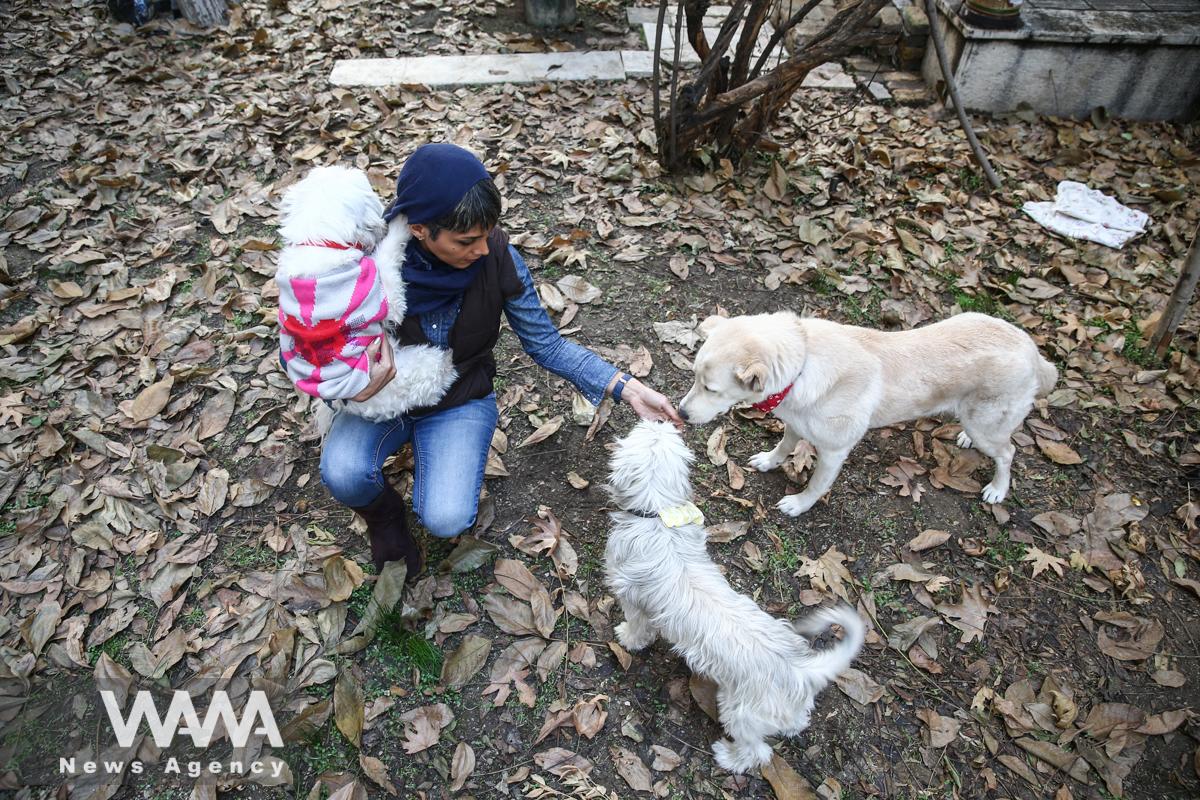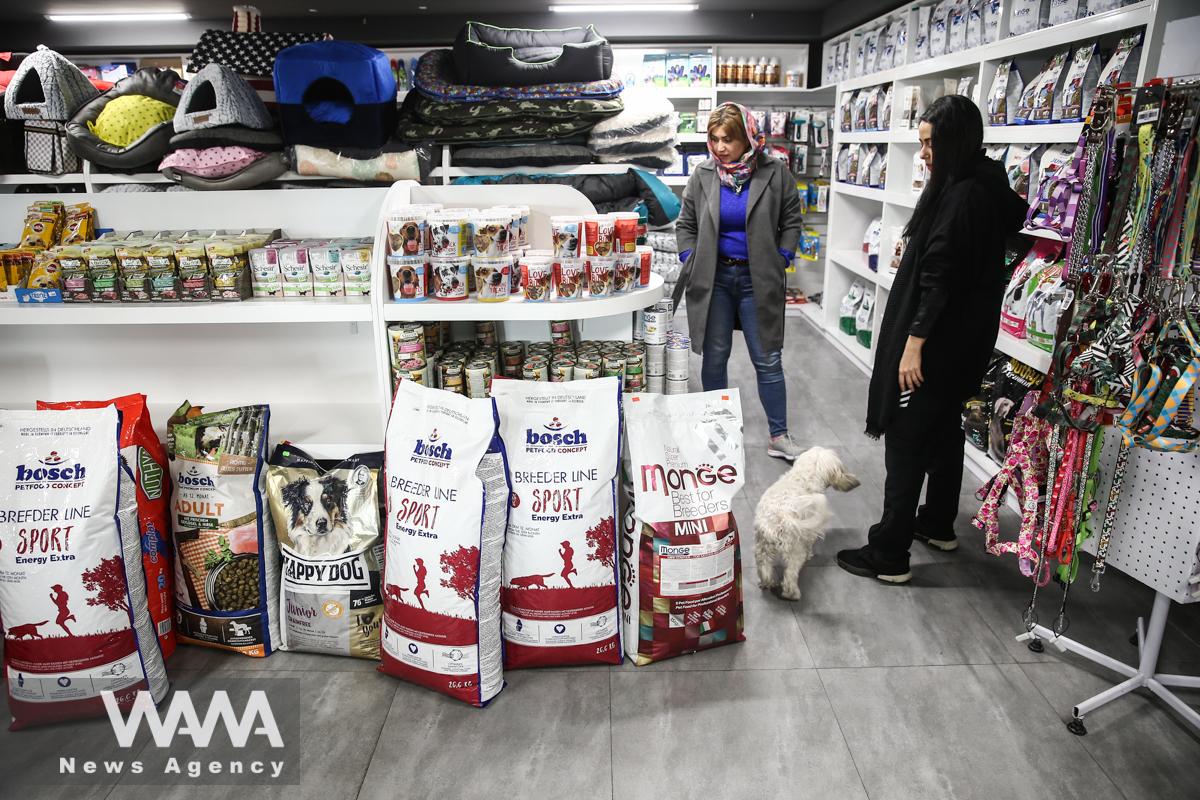The Rising Costs and the Changing Role of Pets in Iran
WANA (Jan 25) – In recent years, the cost of having and taking care of pets, particularly dogs, has risen significantly in Iran, with some families spending thousands of dollars on their pets’ comfort and well-being. In fact, some pet owners go so far as to enroll their dogs in daycare centers and luxury pet hotels, seeking to provide a more enjoyable and enriching experience for their pets.
One dog owner, Negar, shared her reasoning: “If my dog stays at home, it gets depressed. That’s why I send it to daycare so it can have fun and make new friends. Plus, it comes with a round-trip service.” While some pet daycare centers charge from $144.58 to $240.96 per month.
Dogs have long been companions to humans, including Iranians, serving as guardians, hunters, and, in many rural areas, as shepherds. However, in the past decade, a shift has occurred where pets, especially dogs, have increasingly become substitutes for human interaction, altering their role in society.

Maryam Talaee is an animal lover. She plays with her pets at her yard in Tehran, Iran, on December 20, 2019. Nazanin Tabatabaee/WANA (West Asia News Agency)
The Rise of Luxury Pet Services
These pet services, known as “pet boarding” or “pet hotels,” offer a wide range of high-end services, including behavior training, grooming, and temporary care, often at steep prices. With over 10 million pet dogs in the country, the monthly cost of caring for these pets typically ranges from $48.19 to $96.39. This amount is startling when compared to the cost required to send a student back to school after being deprived of education due to poverty, which is only a quarter of the amount needed to care for a dog.
It appears that pet care has become a thriving business for many. Pet care is seeing an increase in demand, from pet clothing boutiques and playhouses to gyms with swimming pools, treadmills, and photography studios. These businesses have become profitable ventures for their owners.
The Modern Role of Pets in Families
According to psychologist Fatemeh Mohammadian, pet ownership has been part of Iranian culture for a long time. However, in modern times, pets are increasingly viewed as members of the family, and owners are willing to spend significant amounts on their comfort. She added, “Taking care of a pet is far less expensive and challenging compared to raising a child.”

People buy stuff for their pets from the Pallapet petshop at Palladium shopping mall in Tehran, Iran, December 19, 2019. Picture taken December 19, 2019. Nazanin Tabatabaee/WANA (West Asia News Agency)
In contrast, psychologist Setareh Derakhshani believes that pets have traditionally been companions to humans but were always in service to them. She points out that the costs associated with owning a dog are far greater than those of raising a child. “People often turn to pets because of inner voids and difficulties in connecting with those around them,” she explains. Some individuals also keep pets as a form of “showing off” to demonstrate their high social status.
Sociologist Musa Niroomand argues that as the ability to form meaningful connections with others diminishes, individuals may become more inclined to adopt pets as they seek companionship in animals. He suggests that to combat the pressures of cultural and social changes, society must focus on strengthening communication skills across all levels, regardless of educational background.
Additionally, Niroomand highlights that keeping pets like dogs or cats in confined spaces, such as apartments, can be harmful to the animals. “These animals are not made for such environments,” he states, emphasizing the importance of considering the animals’ natural needs when deciding to keep them in urban settings.












